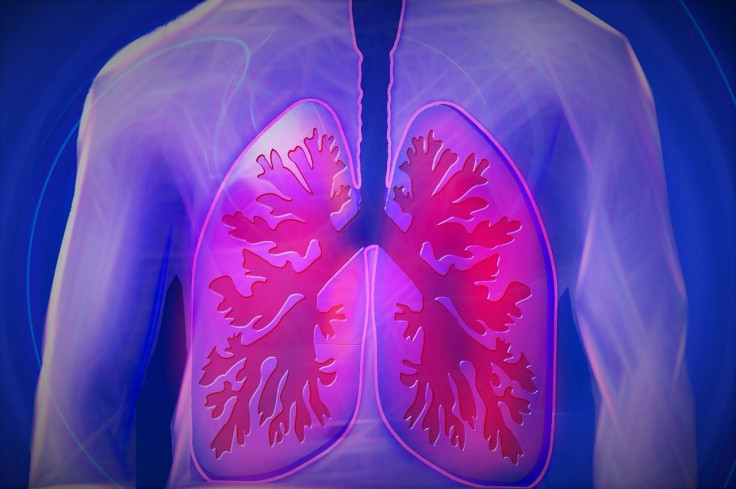Cystic Fibrosis: This Taste In Your Skin Could Be A Warning Sign

KEY POINTS
- >30000 Americans, >70000 people worldwide affected by Cystic fibrosis
- About 1000 new cases diagnosed every year
- Identifying early warning signs is very important
With more than 30,000 Americans and about 1000 new cases diagnosed every year, with cystic fibrosis is on the rise. More than 75% of the cases are diagnosed by 2 years of age and about 50% of them are diagnosed about 18 years or older.
Cystic fibrosis is a progressive, genetic disease that causes persistent lung infections and identifying early warning signs are very important.
Taste in the skin to watch out for: A high salty taste
Among individuals affected by this condition, the salt travels to the surface of their skin alongside water but doesn’t get reabsorbed. Due to this, the skin of an individual with cystic fibrosis becomes abnormally salty. Parents happen to notice the salty-tasting skin when they kiss their child.
Cystic fibrosis also affects the epithelial cells in the sweat glands located in the skin and individuals with the condition will get a salty frosting on their skin and might also lose abnormally large amounts of body salt while sweating, especially during hot weather.
Other symptoms of cystic fibrosis include persistent coughing, sometimes with phlegm, wheezing, shortness of breath, very frequent lung infections, bronchitis, pneumonia, poor growth or weight gain despite having a good appetite, male infertility, frequent greasy, bulky stools or difficulty alongside bowel movements.
Being a complex disease, the types and severity of the condition’s symptoms tend to differ widely from an individual to another. Several factors including the age of diagnosis can affect an individual’s health and the course of the condition. Through these years, there have been tremendous advancements in specialized care for cystic fibrosis alongside dramatic improvements.
Since the type and severity of the symptoms differ widely, treatment plans might contain tailored elements based on each person’s unique circumstances.
Cystic fibrosis affects both males and females and the most important risk factor for cystic fibrosis is a family history of the disease, especially if either of the parents is a known carrier of this genetic disease.
Individuals with cystic fibrosis are recommended not to meet each other in person because of certain bacteria that they all carry, which can cause serious infections. They now have online groups via which they can interact with each other.
© Copyright IBTimes 2024. All rights reserved.






















